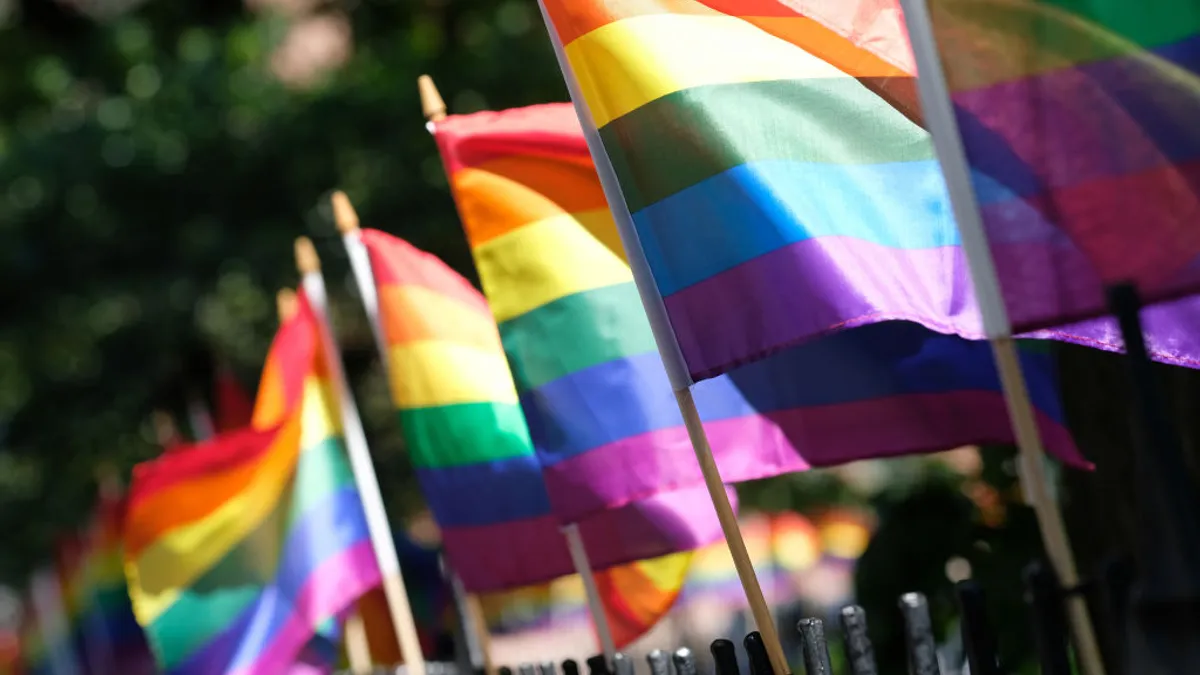The Americans with Disabilities Act does not exclude gender dysphoria from its definition of disability, the 4th U.S. Circuit Court of Appeals held Tuesday in a decision observers say could have implications in the employment law space (Williams v. Kincaid, No. 21-2030 (4th Cir. Aug. 16, 2022)).
The case involved a transgender woman with gender dysphoria who spent six months incarcerated in a Virginia prison. The plaintiff alleged that, during her incarceration, she experienced delays in medical treatment for her gender dysphoria, as well as harassment and persistent and intentional misgendering by prison staff, which she argued violated of state and federal statutes, including the ADA.
The respondents countered, arguing that gender dysphoria fell under a section of the ADA that describes terms excluded from its disability definition. Specifically, Section 12211 of the law provides that “gender identity disorders not resulting from physical impairments” are not considered a disability for the purposes of the law.
The district court agreed in its decision that this section of the law applied to the plaintiff’s gender dysphoria and dismissed the case.
But the 4th Circuit reversed, holding that at the time of the ADA’s enactment, “the medical community did not acknowledge gender dysphoria either as an independent diagnosis or as a subset of any other condition.” The court also noted that the American Psychiatric Association later removed the term “gender identity disorder” from the most recent edition of the Diagnostic and Statistical Manual of Mental Disorders in 2013.
“The very fact of revision suggests a meaningful difference, and the contrast between the definitions of the two terms — gender identity disorder and gender dysphoria — confirms that these revisions are not just semantic,” the 4th Circuit said. It further added that “[nothing] in the ADA, then or now, compels the conclusion that gender dysphoria constitutes a ‘gender identity disorder’ excluded from ADA protection … We cannot add to the ADA’s list of exclusions when Congress has not chosen to do so itself.”
Disability and LGBTQ advocates praised the decision. “This opinion goes a long way toward removing social and cultural barriers that keep people with treatable, but misunderstood, medical conditions from being able to thrive,” Jennifer Levi, transgender rights project director at GLBTQ Legal Advocates & Defenders, or GLAD, said in a statement Tuesday.
The case could have implications for employers, according to FisherBroyles attorney Eric B. Meyer, who wrote in a blog post that although Williams is not a decision directly related to employment policies, “it will apply with equal force in the workplace, especially if [employers] operate in the Fourth Circuit.”
Some employers have previously conceded that gender dysphoria may be covered under federal civil rights laws such as the ADA, according to an amicus brief in Williams filed by GLAD.














